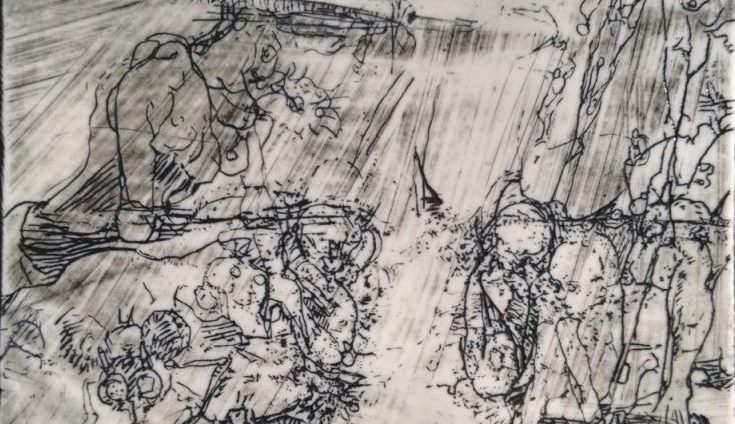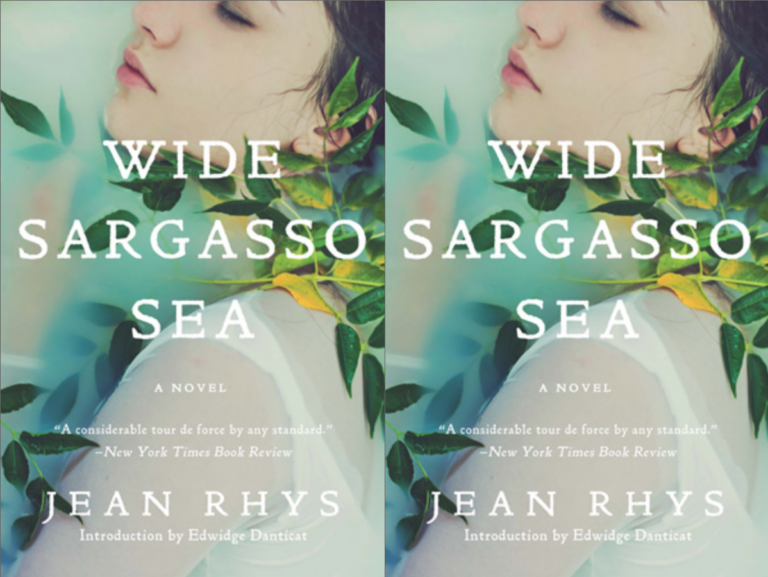“Always on the Lookout”: An Interview with Allison Joseph

The poems in Allison Joseph’s recent chapbook Mercurial are wise and clear-eyed, charting moments of tenderness and emotion in everyday life. Her work encompass a number of different themes—from personal and family history, to self-image and style—and embody formal approaches as well as conversational yet musical free verse. Allison is the author of numerous books and chapbooks, including Voice: Poems, Multitudes, The Purpose of Hands, and My Father’s Kites. She lives, writes and teaches in Carbondale, Illinois, where she is part of the creative writing faculty at Southern Illinois University. She serves as editor and poetry editor of Crab Orchard Review, moderator of the Creative Writers Opportunities List, and director of the Young Writers Workshop, a summer writers workshop for teen writers. I was excited to catch up with Allison via email to learn more about her writing.
Matthew Thorburn: Would you tell us a little about Mercurial and the poems in this new collection?
Allison Joseph: Mercurial, in many ways, is a sequel to Voice: Poems (which was also published by Mayapple Press). The concerns of the speaker are a little more varied, however. It’s a speaker who has already discovered her “voice,” and who now wants to use that voice for the betterment of her(self) and others. As for form, I switch between fixed forms and free verse often, and enjoy being a poet who can “swing both ways,” so to speak.
MT: How does a poem start for you? And more specifically, how did your poem “Rondeau Redouble for the Women Left Behind” start? Would you also tell us a little about the form?
AJ: I hate when I ask students, “Where did this poem come from?” and they come back with “It came to me in a dream”—but this one actually did. I remember waking up with the image of women carrying coffins on their shoulders to bury them at sea. Also there’s this great song by Delta Rae, “Bottom of the River,” and the song somehow echoed in my mind as I thought about bringing the dream into poetry. I love this particular form, its circularity, its insistent rhyme. I’ve written a few rondeau redoubles, one in particular in response to a famous Wendy Cope one (it’s the witty one where she says, “There are so many kinds of awful men.”) It’s a form that’s good for light verse and satire, but I also wanted to see if it could accommodate this haunting dream I had.
MT: In addition to being a poet, you also edit Crab Orchard Review and teach creative writing. How does your work as a teacher and editor influence or intersect with your writing?
AJ: Editing is work, and it’s hard to do while working on one’s own writing. But I do bring my teaching together with my writing. I make students write in class, and do the same prompts I give them. I’m always on the lookout for teaching poems—poems that inspire me and my students to write poems in response.
MT: What’s next for you? What are you working on now?
AJ: Forthcoming publications for me are the chapbooks Corporal Muse (Yellow Chair Press), The Purpose of Hands (Glass Lyre Press), Double Identity (Singing Bone Press) and What Once You Loved (Barefoot Muse Press) and the full-length book Confessions of a Barefaced Woman (Red Hen Books). I have a lot of unpublished work, ranging from work that’s handwritten and needs to be typed up to other chapbook and full-length manuscripts that are as of yet unpublished. I write a lot, and then forget what I’ve written, and then come back to it and say, “Not bad, I should do something with this!”
MT: What have you read recently that moved you?
AJ: I’m going to be sentimental and self-serving and say my husband’s first book, Natural State, which came out this year. Jon Tribble, who many people know as the managing editor of Crab Orchard Review and the series editor of the Crab Orchard Series in Poetry, is my literary partner as well as life partner, so to see a book of his come out from Glass Lyre Press was a true pleasure. It’s been great getting to do readings with him as well. I am moved every time I get to hear him read poems that we’ve both lived with for a long time.
Read poems by Allison Joseph.


